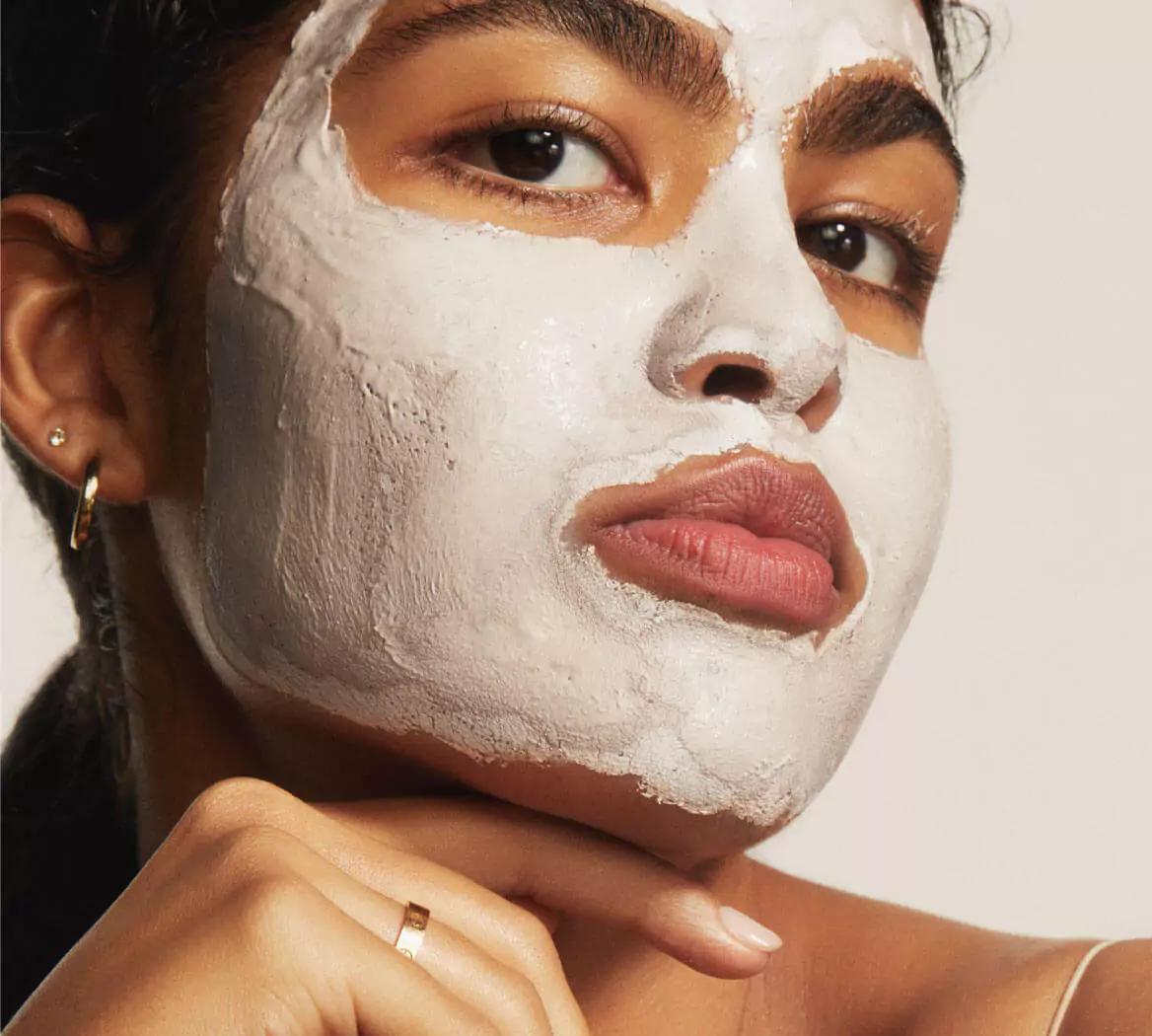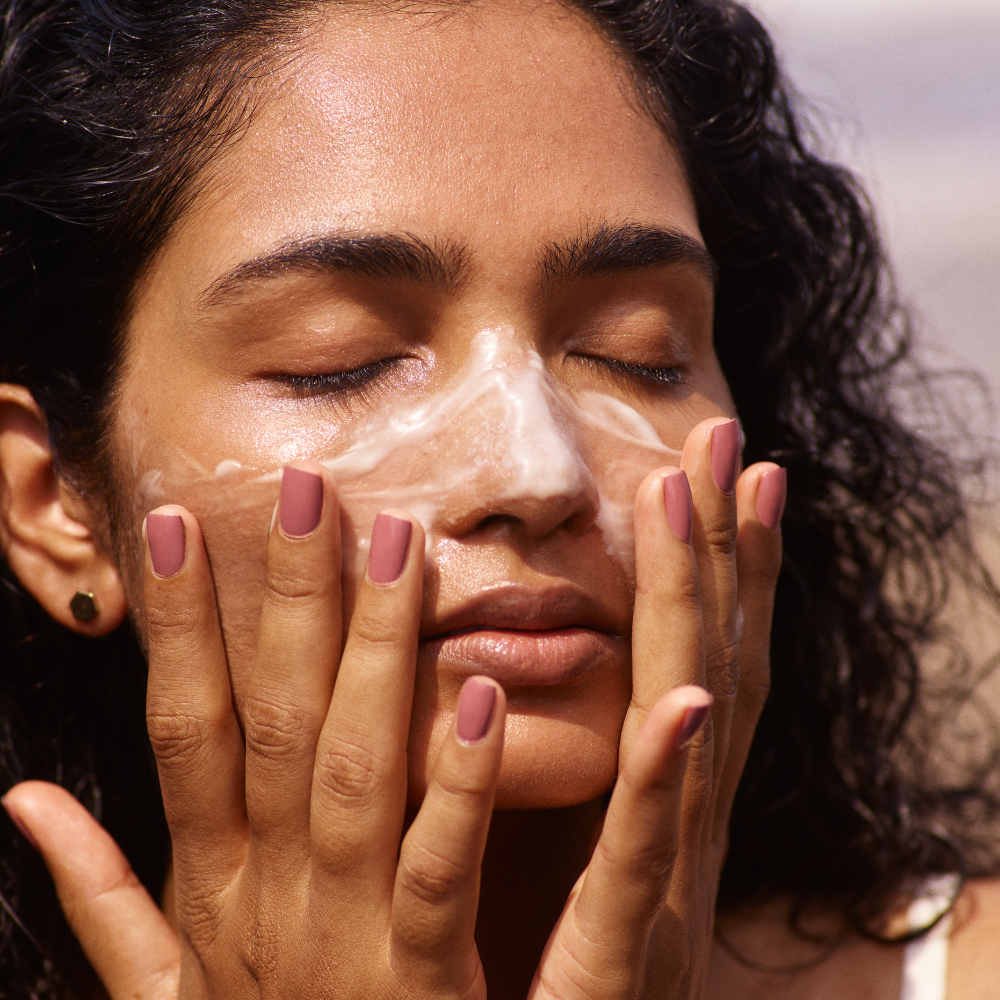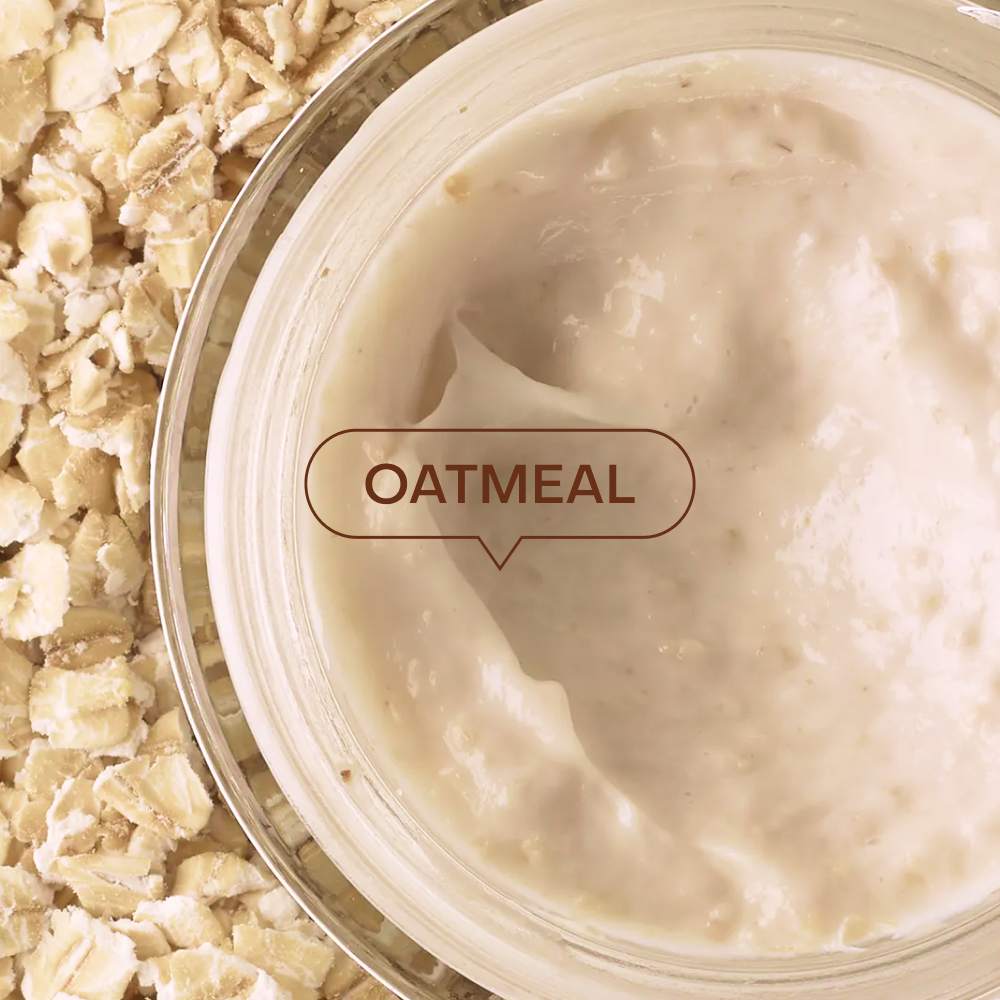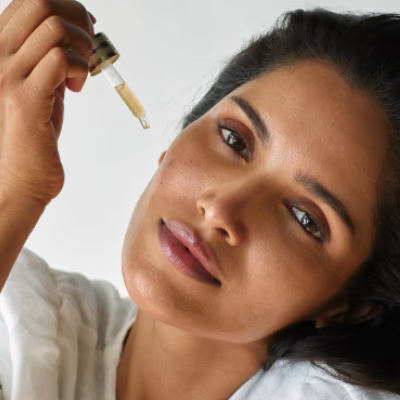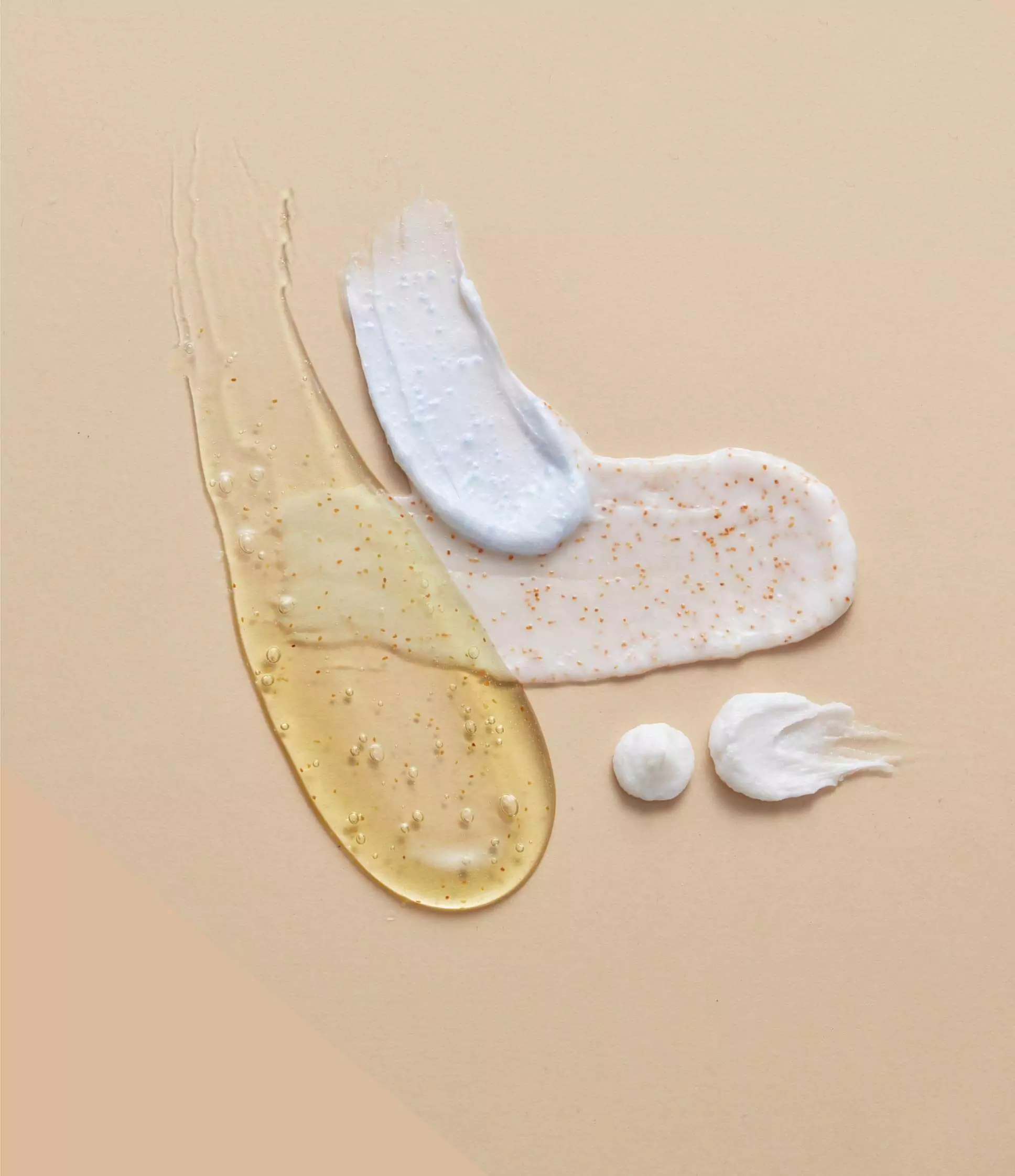
Seeing spots? In the aftermath of either a stubborn pimple, sun damage, or even a hormonal imbalance, hyperpigmentation is a major concern for many. “Dark marks and post-inflammatory pigmentation (PIH) are a result of the skin’s natural response to inflammation or injury,” says Dr Nishita Ranka, MD & Founder of Dr Nishita’s Clinic for Skin, Hair & Aesthetics. According to her, when the skin experiences trauma, such as acne breakouts, insect bites, cuts, or burns, it triggers an inflammatory process, during which the body produces extra melanin, the pigment responsible for giving the skin its colour. When excess melanin is produced, it then leads to the darkening of affected areas, creating dark spots or patches.
Is there a way to get rid of them permanently through your skincare products and routine? Dr Ranka breaks down the underlying causes and the right skincare ingredients for dark spots and hyperpigmentation.

The contributors
While dark marks and post-inflammatory pigmentation apply to everyone, according to the expert, certain factors can exacerbate the development of dark marks and PIH. These include:
#1 - Sun exposure:
UV radiation stimulates melanin production and can lead to further darkening of existing pigmentation.
#2 - Genetics:
Some individuals are more prone to developing hyperpigmentation thanks to their genetic makeup.
#3 - Hormonal changes:
Fluctuations in hormones during pregnancy or menopause or due to hormonal medications can influence melanin production and cause pigmentation issues.
#4 - Skin type:
People with darker skin tones (Fitzpatrick skin types III-IV) are more susceptible to developing PIH.
Dr Ranka’s ingredient guide to dark marks & PIH
Vitamin C:
Vitamin C is a potent antioxidant that helps inhibit the activity of tyrosinase, the enzyme responsible for melanin production. By doing so, it can reduce the appearance of dark spots and even out skin tone. Additionally, Vitamin C promotes collagen synthesis, leading to improved skin texture and brightness.
Alpha Arbutin:
Alpha arbutin is a natural derivative of hydroquinone, known for its skin-lightening properties. It works by inhibiting tyrosinase, similar to Vitamin C, and is particularly effective in reducing hyperpigmentation without causing significant irritation.
Niacinamide:
Niacinamide is a form of Vitamin B3 that helps reduce the transfer of melanin to skin cells, thereby diminishing dark spots. It also enhances the skin’s barrier function, improves moisture retention, and minimises inflammation.
Kojic Acid:
Derived from certain fungi, kojic acid is another tyrosinase inhibitor that effectively lightens dark marks and pigmentation. However, it may be less stable than some other ingredients and can cause skin sensitivity in some individuals.
Retinoids:
These derivatives of Vitamin A accelerate cell turnover and promote the growth of new, evenly pigmented skin. They are considered the gold standard for anti-ageing and anti-acne regimens, and are great at treating a variety of skin issues, including dark spots, but may cause some initial skin irritation and increased sensitivity to the sun.
Tranexamic Acid:
Tranexamic acid is gaining popularity for its ability to inhibit melanin production and reduce the appearance of stubborn dark spots and melasma. It is well-tolerated by most skin types.
Licorice Extract:
Licorice contains glabridin, a compound that helps inhibit tyrosinase activity, leading to brighter and more even-toned skin.
Azelaic Acid:
This ingredient has multiple benefits, including reducing inflammation, killing acne-causing bacteria, and suppressing melanin production, making it useful for addressing both acne and post-inflammatory hyperpigmentation.
Vitamin E:
Vitamin E is an antioxidant that helps protect the skin from oxidative stress caused by UV radiation, which can worsen pigmentation. Additionally, it assists in skin healing and regeneration.
…with a disclaimer
While we can put all our trust and faith in these skin care ingredients for dark spots, it is important to note that it isn’t the be-all and end-all of getting rid of PIH. The disclaimer that Dr Ranka says one should note is that results may vary depending on several factors, including the severity of the pigmentation and each individual’s skin characteristics.
“While some people may see improvements within a few weeks of consistent use, it can take several months for significant changes to become noticeable,” she states. “It’s crucial to maintain a consistent skincare routine and apply broad-spectrum sunscreen daily to prevent further darkening and protect the skin from UV-induced damage,” Dr Ranka concludes.






